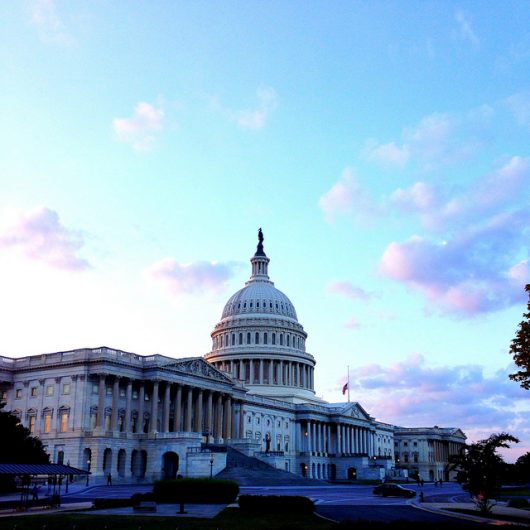AGOA and MCA Strengthened

The House Foreign Affairs Committee, including Chairman Ed Royce (R-CA), Ranking Member Eliot Engel (D-NY), and Reps. Chris Smith (R-NJ) and Karen Bass (D-CA), joined forces to introduce legislation that will improve economic trade in Africa utilizing the Africa Growth and Opportunity and Millennium Challenge Acts.
The original African Growth and Opportunity Act (or AGOA) is a U.S. Trade Act enacted in May 2000. AGOA enhances access to the U.S. market for qualifying Sub-Saharan African (SSA) countries. In order to qualify for AGOA, countries have to be working to improve their rule of law, human rights and respect for labor standards. Although the act originally covered an eight-year time period until 2008, due to various amendments signed by both former Presidents George W. Bush and Obama, AGOA has been extended to 2025. The new amendments will update and strengthen the original act.
The amendments to AGOA will make information more readily available over the Internet to users in both Africa and the U.S. while encouraging policies that promote economic trade with Africa. They also provide technical assistance that allows participating countries of AGOA to utilize it to its full capacity.
The second part of this legislation will improve economic trade in Africa through updating the Millennium Challenge Act (or MCA). The MCA was passed in 2003 with the main purpose of providing global economic development through assisting in programs that will eliminate poverty while supporting good governance and economic freedom. These programs are run through the Millennium Challenge Corporation (MCC), which partners with countries directly in programs that encourage economic growth.
The new amendments to the legislation will allow the MCC to work with more flexibility in their mission to increase regional trade, collaboration, and economic integrity. To accomplish this, the amendments to MCA will allow two projects, or “compacts,” per country simultaneously. In the previous legislation, there was only one allowed—making it particularly competitive. Additionally, MCC’s private-sector board members can extend their term for two years, providing stability. Lastly, the reporting requirements of MCC will be strengthened in order to ensure greater transparency.
Upon the introduction of these amendments to both AGOA and MCA, Chairman Royce, Ranking Member Engel, Rep. Smith and Rep. Bass said in the press release by the Foreign Affairs Committee: “Moving developing countries away from aid and toward trade helps African companies, especially women. But it also benefits U.S. farmers, manufacturers and small businesses by providing new markets for their goods. So today we are introducing a bill to modernize AGOA and MCA—key laws in the effort to encourage African economic independence and promote U.S.-Africa trade. With Africa’s consumer spending expected to reach one trillion dollars, now is the time to accelerate this important trade relationship.”
The introduction of these amendments is a step in the right direction for economic trade in Africa. As so many other countries have invested in the economic growth of Sub-Saharan Africa, the US appears to be moving in that direction as well with the updates of AGOA and MCA.
– Sydney Roeder
Photo: Flickr
